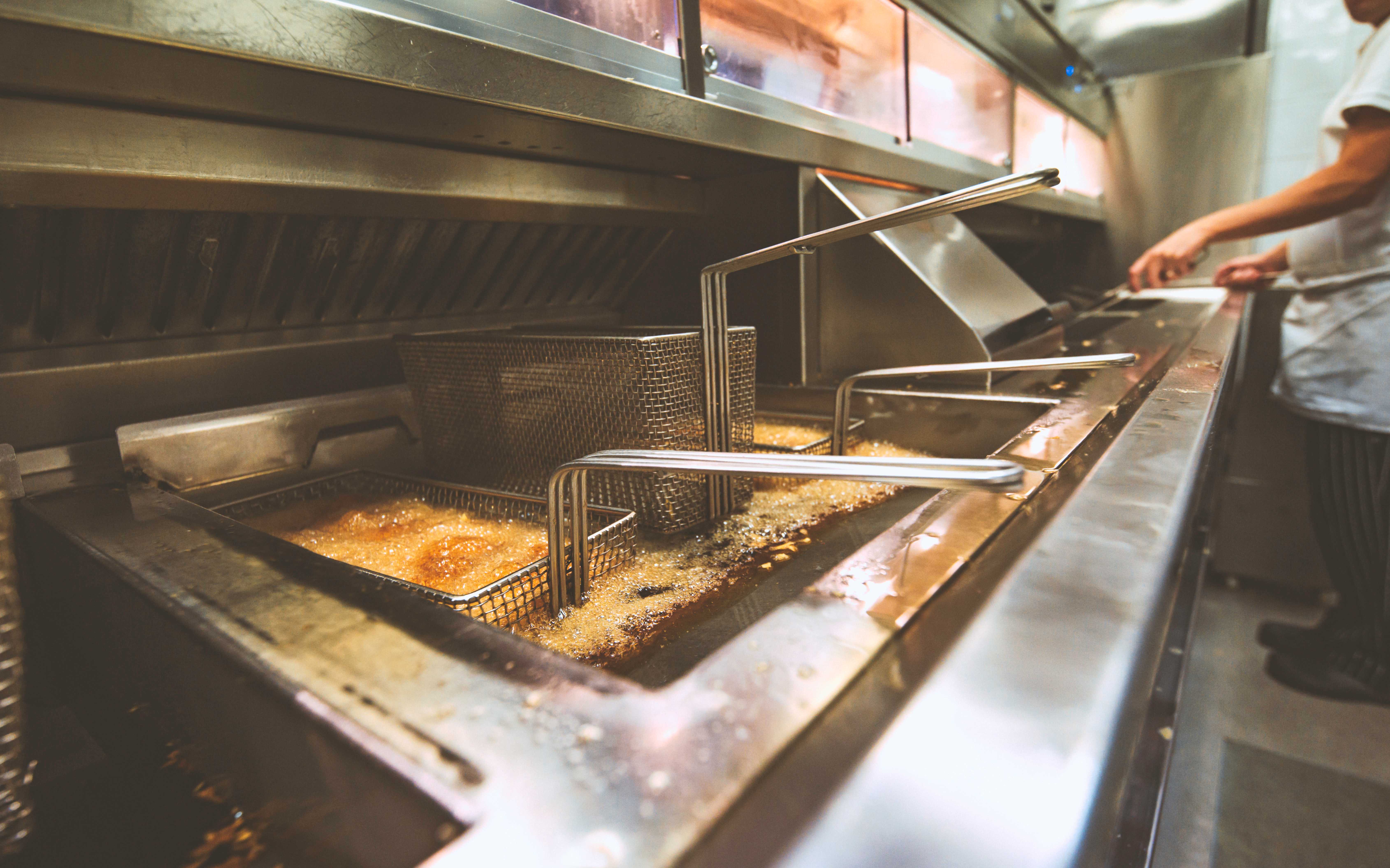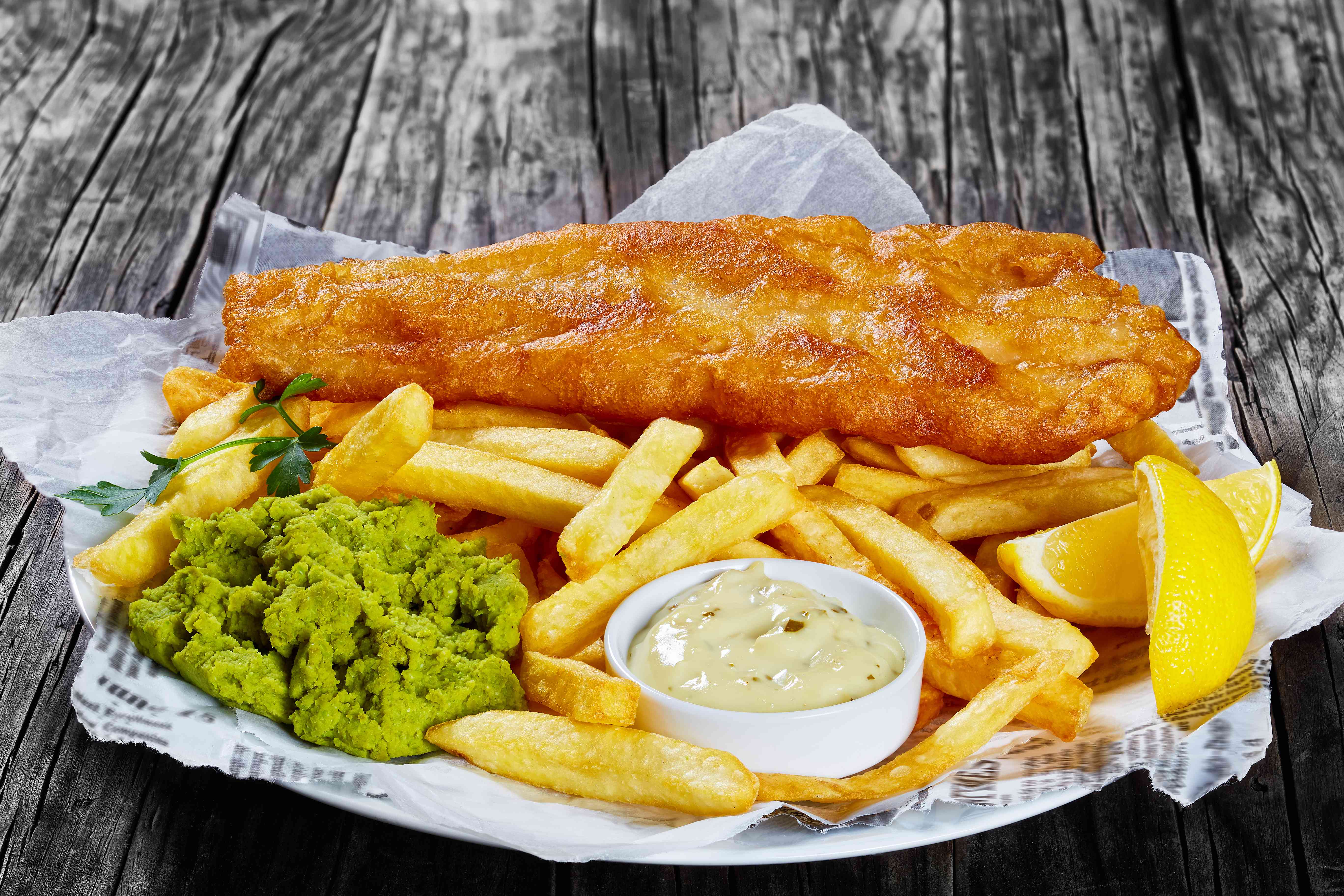The foundation for food hygiene regulations in the UK can be traced back to the Food Safety Act 1990, which laid the groundwork for subsequent legislation. These regulations not only guide best practices but also hold both employers and employees accountable for maintaining food hygiene standards. In this article from Frymax, the UK’s leading supplier of sustainable RSPO certified palm oil, we will explore the evolution of food hygiene legislation in the UK, focusing on key regulations and their implications for the food industry.
The Framework: Food Safety Act 1990
The Food Safety Act 1990 serves as the cornerstone for all subsequent food legislation in England, Wales, and Scotland. This pioneering piece of regulation places the responsibility for food safety squarely on food businesses. Its key provisions include:
- Prohibiting the inclusion or removal of anything in food that could be harmful or damaging to the health of the consumer.
- Ensuring that food businesses sell products of the expected nature, substance, and quality.
- Mandating accurate labelling and presentation of food to prevent false or misleading information.
In 1991, The Food Safety (Northern Ireland) Order extended these regulations to Northern Ireland.
Evolution of Food Standards: Food Standards Act 1999
The Food Standards Act 1999 was introduced to establish the Food Standards Agency (FSA) and grant it the authority to set food safety standards. This legislation empowers the FSA to act in the consumer’s interest at every stage of food production and supply chain.
Embracing EU Standards: ‘General Food Law’ (EU Law Regulations 178)
In 2002, the ‘General Food Law’ (EU Law Regulations 178) was implemented to safeguard human health concerning food production, processing, and distribution. This regulation also addresses specific issues such as bulk transport by sea, direct supply of small quantities of meat, temperature control in food retail establishments, and restrictions on the sales of raw cows’ milk.
Strengthening Safety Measures: General Food Regulations 2004
The General Food Regulations 2004 established the European Food Safety Authority (EFSA) and outlined general principles and procedures for food safety. These regulations prohibit the placement and sale of unsafe food, along with misleading labelling or advertising. The EFSA plays a vital role in tracing food business operators who fail to comply with these standards.
Heightened Focus on Hygiene: Food Hygiene (England) Regulations 2006
Considered one of the most crucial sets of regulations, the Food Hygiene (England) Regulations 2006 make it an offence for businesses to supply unsafe food. Key provisions include:
- Mandatory registration of all food businesses with relevant authorities.
- Correct labelling and adherence to quality standards for all food products.
- Design of premises to facilitate good hygiene practices.
- Implementation of suitable pest control measures.
This legislation also marked the first instance of a legal obligation for all staff members to undergo adequate training in food safety and hygiene. The regulations were subsequently applied to Scotland, Wales, and Northern Ireland.
Strengthening Local Authority Oversight: The Food Safety and Hygiene (England) Regulations 2013
Enacted in 2013, these regulations empower local and national authorities to play a crucial role in ensuring the safety of food sold by businesses. They establish processes for restricting the sale of specific foods and require collaboration between food businesses and authorities to minimise the risk associated with the food they produce or sell.
Allergen Information and Direct Sale Foods: Food Information Regulation 2014
The Food Information Regulations 2014 focus on allergen information for non-prepacked foods, catering businesses, and foods wrapped on site. From October 2021, these regulations mandate clear labelling of direct sale foods, including the descriptive name, full ingredient list, and emphasised allergen information.
The Impact of Foodborne Illnesses
In the UK, the occurrence of foodborne illnesses have been a growing concern. Reports indicate a rise from 1 million cases in 2015 to 2.4 million by 2020. Microbial pathogens such as Staphylococcus aureus, Salmonella, Listeria, Clostridium sp., and Campylobacter are identified as leading causes, often resulting from poor food hygiene practices and unclean food sources.
Food Hygiene Regulations in the UK Setting
Despite changes in the political landscape, the UK government has maintained its commitment to food safety regulations. The Food Standards Agency (FSA) remains the primary authority overseeing food safety. Various regulations, including the Food Hygiene Regulations 2006, establish hygiene requirements for food businesses, emphasising safe food production through hygienic practices.
Under the Food Hygiene Regulations, directives include:
- Keeping facilities, equipment, and food contact materials clean and well-maintained.
- Designing food premises for easy cleaning.
- Implementing effective waste disposal and drainage systems.
- Providing clean restrooms and hygiene facilities for staff.
- Ensuring pest control measures are in place.
- Following cleaning schedules and applying proper protective gear.
- Establishing safe handling, storage, and transport systems for food hazards.
- Adhering to HACCP principles and good hygiene practices.
Other related regulations specific to different regions include the Food Hygiene (Wales) Regulations 2006, Food Safety and Hygiene (England) Regulations 2013, General Food Regulations 2004, and Food Hygiene (Scotland) Regulations 2006.
Penalties for Food Hygiene Regulation Breaches
Non-compliance with food regulations can lead to severe consequences, impacting both public health and businesses. Relevant authorities, including the sentencing council, the Food Standards Agency, and the Meat Standards Agency, enforce food hygiene laws.
Penalties for breaches may include:
- Mandatory product recall.
- Investigations and interrogations regarding breaches.
- A temporary pause in operations.
- Prosecution in criminal courts, resulting in financial penalties or imprisonment.
- Negative publicity, leading to a loss of customer confidence and profits.
- Legal requirements and notices to fulfil, with failure resulting in additional penalties.
Penalties are determined based on the degrees of culpability and harm, considering factors such as intentional breach, knowledge of repercussions, efforts to address risks, and the level of harm caused.
Basic Food Hygiene Rules
Understanding and implementing basic food hygiene rules are essential for the continuous operation of food businesses and the prevention of foodborne illnesses. These rules include:
- Cleaning
Regular cleaning activities must be established to ensure food premises are free from potential hazards. Monitoring cleaning schedules, sanitising equipment, and ensuring an adequate supply for cleaning and sanitising are integral to this rule.
- Cooking
Following food hygiene standards in cooking procedures is crucial for serving safe food. All cooking procedures and food preparation steps should be considered critical control points to eliminate or control hazards.
- Chilling
Proper storage of food ingredients and high-risk items at lower temperatures prevents the multiplication of microbial pathogens beyond acceptable levels.
- Avoiding Cross-contamination
Proper sanitation and segregation of cooked foods from raw materials during food preparation are vital to prevent cross-contamination, a leading cause of foodborne illness outbreaks.
- Staff Training
Adequate training and seminars on food hygiene matters are essential for teams to avoid cross-contamination, apply hygiene measures, and operate in clean conditions during food preparation.
- Personal Hygiene
Maintaining good personal hygiene among food handlers, including cleanliness, reporting health status, wearing protective clothing, and proper grooming, is crucial to prevent contamination.
- Safe Water Supply
Ensuring a safe water supply is essential, as water is a critical ingredient in all types of food businesses.
Unhygienic Food: Risks and Consequences
Poor food hygiene practices result in the production of unhygienic or unsafe food, posing hazards due to improper production processes or poor handling practices. The release of unhygienic food can lead to various consequences, including food poisoning, recalls, lawsuits, and economic impacts on businesses. Inadequate preoperational cleaning and sanitation contribute to the production of unhygienic foods.
Food Hygiene Certificate: A Proof of Competency
While there is no absolute requirement for food handlers in the UK to secure a food hygiene certificate, possessing one serves as proof of competency in food safety and hygiene knowledge. Obtaining a certificate involves undergoing an evaluation process conducted by an accredited body, and the training’s content depends on the certification level.
Ensuring food safety in the UK involves a comprehensive understanding and adherence to food hygiene regulations. From the foundational Food Safety Act 1990 to the more recent Food Information Regulation 2014, these regulations aim to protect public health, hold businesses accountable, and prevent foodborne illnesses. Basic food hygiene rules, coupled with effective training and adherence to personal and facility hygiene, contribute to the continuous operation of food businesses while safeguarding consumers. By prioritising food safety, businesses can avoid legal repercussions, maintain customer confidence, and contribute to the overall well-being of the population.
Sustainable RSPO Certified Palm Oil for the Restaurant Industry
Are you looking for sustainable, premium grade frying oil? Choose Frymax! Our sustainably sourced palm oil is relied on by chippies, food trucks, hotels, and restaurants across the country to serve up high-quality fried foods. If you’d like to learn more or purchase RSPO certified palm oil for your restaurant, get in contact with Frymax.
Become a Frymax member today to gain access to exclusive content, expert frying advice and the chance to enter our fantastic competitions.






